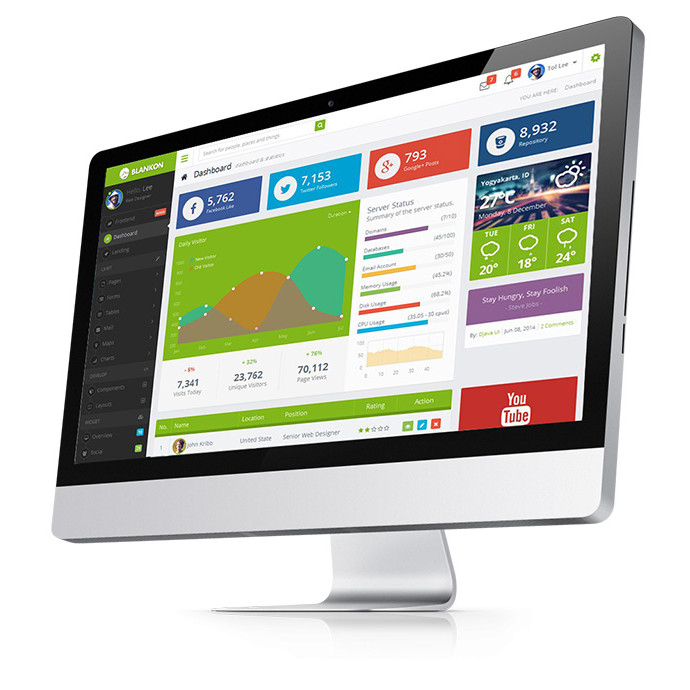Business-Solutions
E-Invoice Integration
Overview
Features
(العربية)
Electronic invoice system in Egypt
The Egyptian government is currently moving towards digitizing data and manipulating it electronically instead of the paper system, which allows easy access to and transfer of data and reduces the possibility of its corruption or tampering with its content. Among these data is that related to the tax charged on the invoice. Therefore, the Egyptian government has now started to support the electronic invoice system, which means sending customers’ invoices periodically to the tax authority and then proving them after verifying the validity of the data and its agreement with the standards set by the state, which guarantees the rights of both the seller and the buyer in addition to the right of the state to collect the imposed taxes and limit the parallel economy.
NamaSoft has supported the electronic invoice system by adding many settings and tools that help the customer in sending invoices periodically in accordance with the standards set by the Egyptian government, which are as follows:
Electronic signature
Nama supports connecting to the HSM electronic signature device to verify the identity of the financier and then verify the entity that sent the bill.
Invoice notifications
These are notifications that are sent with every event that occurs on the invoice, such as sending it to the Egyptian Tax Authority or informing the buyer of issuing the invoice, canceling it, or amending it. The Nama system contacts the Egyptian Tax Authority periodically to follow up on the sent invoices and verify the success of the transmission or identify the reason for rejection on the part of the Egyptian Tax Authority, and then resend it after correcting the error. It is worth noting that the Nama system was originally designed to support the real-time notifications system for any party, whether it is an official party, a customer, a supplier, an employee, or .etc.
Coding systems
Nama supports both the two coding systems supported by the Egyptian Tax Authority which are the GS1 coding system and the EGS coding system. The EGS coding system is most suitable for financiers who originally rely on an accounting system, as the items sold are coded and are handled with invoices. Nama allows dealing with this system with ease, as the system supports many ways to define classifications, sections, and categories of items, which is what the EGS system depends on.
Required data
Via Nama system, the user can record all the data required by the Egyptian Tax Authority, such as the data of both the financier and the buyer related to addresses and tax information, as Nama will not originally allow sending invoices, while some of this data is not recorded before in the system, which saves a lot of time and effort.

